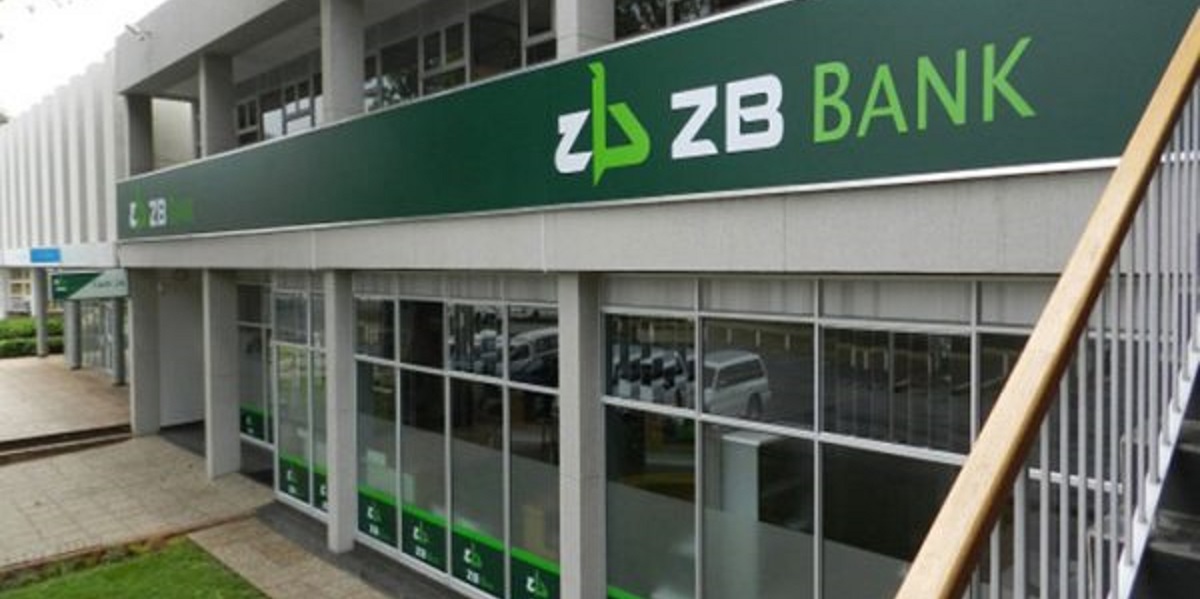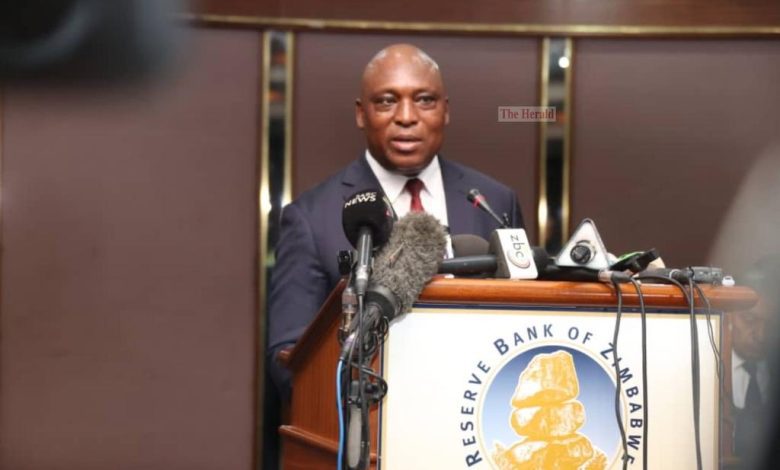Electric car launched
Zimbabwe is set to considerably cut its fuel import bill, as it moves to promote the adoption of electric vehicles, a development that is in line with the country’s aspiration to be a modernised, mechanised and industrialised nation by 2030, while also helping in the reduction of harmful emissions, Energy and Power Development Minister Zhemu Soda has said.
He said this in Harare recently while officially unveiling the demonstration electric vehicle sourced by the Zimbabwe Energy Regulatory Authority (Zera).
“Zimbabwe, just like other nations, is bound by Sustainable Development Goal 13 of the United Nations, which challenges States to take urgent action to combat climate change and its impacts,” said Minister Soda.
“According to the Biofuels Policy of Zimbabwe, the Nationally Determined Contributions (NDCs) identified the energy sector as the major greenhouse gas contributor accounting for 49 percent of national emissions.
“In response, the country’s National Renewable Energy Policy (NREP) set targets to meet the NDC objectives to reduce green-house gas emissions in the energy sector.”
Some of the measures being taken to minimise emissions include the introduction of biofuels and ethanol blending, and now the introduction of electric vehicles.
The cluster of e-mobility has hybrid vehicles, which use both fossil and electric power as well as electric vehicles which exclusively use electric power.
The major difference is that electric vehicles do not use fossil fuels, have no emissions, no noise and are environmentally friendly.
Minister Soda emphasised that the electric vehicle and hybrid vehicle technologies should be “popularised as part of introducing an array of options” in the country as it moves to embrace the emerging wave of clean energy in the transport sector.
“. . . today we are commissioning the demonstration electric vehicle, which was purchased for purposes of raising awareness in order to encourage and fast-track its adoption.
“The introduction of the e-vehicle is set to open a number of opportunities in the energy, transportation and the broader economic sector.
“Our country is at the heart of the region and therefore provides an interconnecting corridor to the region’s traffic.
“Our highways, byways and all urban centres should have modernised service stations equipped to serve conventional vehicles and the emerging e-mobility fleet,” said Minister Soda.
However, he said having such sites requires cooperation from the motor industry, electricity and current fuel suppliers.
The need for interoperability of e-mobility is also critical in the country and SADC as a region.
Government has since embarked on the drafting of a Framework on E-Mobility, which will propose incentives on how best to promote uptake, investment and awareness of e-mobility according to globally acceptable standards.
The e-mobility framework shall outline the facets that will create a conducive environment for the growth of the industry which include the technical, economic, financial and institutional processes.
It shall also be mindful of the supply side of the product, which is set to come initially as complementary to the existing industry.
Minister Soda said the electric vehicle technology will disrupt energy-related and transport industries but shall present opportunities to reform the sector and to emerge stronger.
The framework development process shall include consultation with key stakeholders who include some of you here present.
Some of the key elements to be addressed by the framework include; financial measures such as electric vehicle purchases grant scheme, charging support, accelerated capital allowances, and duty and taxes relief.
Measures to facilitate technical support through local manufacturing and assembling of parts and creating local capacity, and strategies for raising public awareness of the technology, will be addressed.
Zera chief executive officer Mr Eddington Mazambani believes the launch of electric vehicle technology will excite the market, leading to its increased uptake across the country while stimulating innovation and employment downstream.
The electric vehicle is propelled by electric motors using energy stored in rechargeable batteries, and thus, does not burn petrol or diesel, resulting in no fumes being released.
“At national level, one of the biggest cost centres remain that of the fuel import bill. The coming in of this technology, therefore, marks the beginning of a journey towards efficient management of fuel consumption and clean environment as the market embraces electric vehicles.
“The electric vehicle technology is known to reduce or substitute fossil fuel imports. It improves efficiency of transport, reduces greenhouse gas emissions and air pollution and is also cheaper to maintain as there are less moving parts,” said Mr Mazambani.-herald.cl.zw









